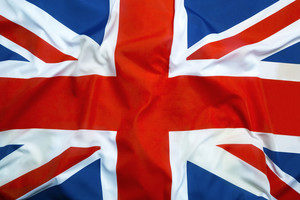 UPDATE: Since our last post below, on April 26, the UK introduced its new global anti-corruption sanctions regime. This sanctions regime follows other EU and UK sanctions regimes and is based on two types of sanctions imposed on listed individuals, i.e., assets freeze and travel ban.
UPDATE: Since our last post below, on April 26, the UK introduced its new global anti-corruption sanctions regime. This sanctions regime follows other EU and UK sanctions regimes and is based on two types of sanctions imposed on listed individuals, i.e., assets freeze and travel ban.
On the same day, the UK government also announced first listings under this sanctions regime of 22 individuals, including inter alia 14 Russian individuals who are believed to be involved in the fraudulent tax refund scheme uncovered by Sergei Magnitsky. The list of all new designations can be found in the UK government’s notice.
Posted in March 2021
The UK government has officially confirmed that—in 2021—it will launch the corruption sanctions regime. This was confirmed in the recently published policy paper titled Global Britain in a Competitive Age: the Integrated Review of Security, Defence, Development and Foreign Policy (see, at page 48).
Under this new sanctions regime, the UK will be imposing travel ban and assets freeze sanctions on those individuals who are believed to be engaged in corruption, similarly to the US sanctions that can be imposed under the US Global Magnitsky Act. Therefore, this sanctions regime will be different from the current EU “misappropriation of state funds regimes” as it will not require sanctioned individuals being subject to investigation by local authorities in countries of their origin.
The new sanctions regime will give the UK authorities powers to target individuals who may be believed to be engaged in some corruption related activities and could not be sanctioned under other sanctions regimes (e.g., the UK human rights regime). Although this will be the UK sanctions regime, given the significance of its potential targets, it may also affect the financial sector outside the UK, especially in the EU that—even despite Brexit—still remains closely connected to the UK.
Please contact us with any questions.

